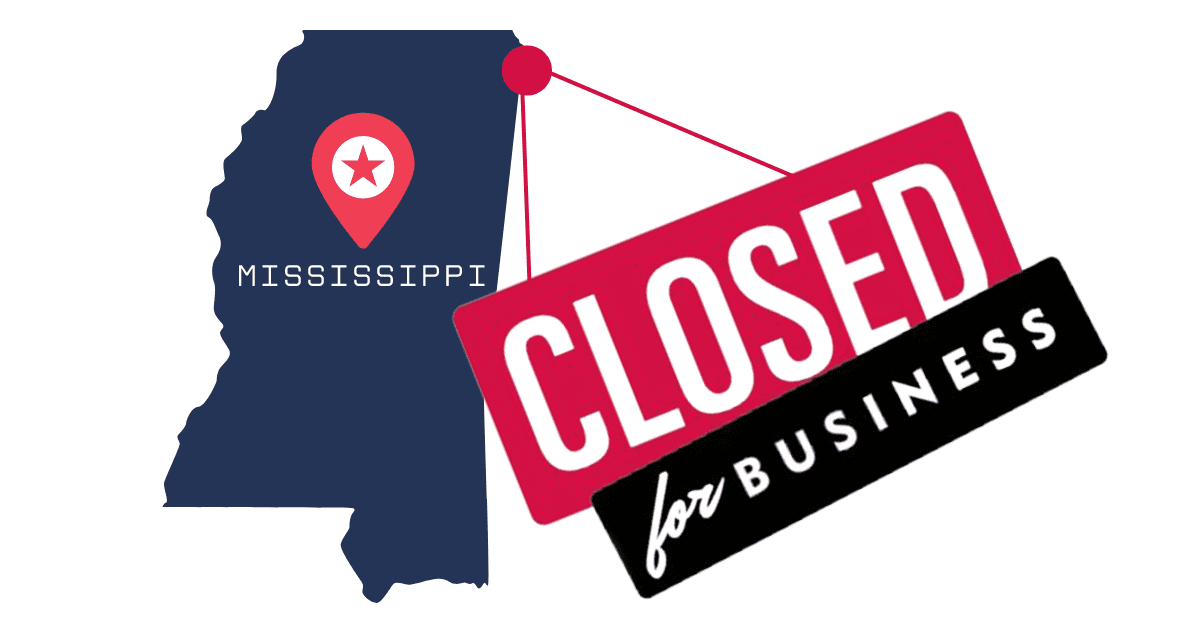
Mississippi can’t be “open for business” when it shuts the door on competition.
Tesla’s Business Model
For all the talk of making Mississippi more business friendly, the state legislature seems to want to do the opposite. Two examples stand out, though there are others.
One is the effort to forbid Tesla and other electric vehicle companies from opening their own, company-owned dealerships in Mississippi. Existing auto dealers, who have franchise arrangements with manufacturers, want the government to prevent a business model that differs from their own.
Their reason? Quite literally, “because we’ve done it this way for more than 50 years.”
Fifty-three years, to be exact. In 1970, the legislature passed a law that allowed an auto manufacturer to sell its vehicles in the state only through franchise dealerships that are not owned by the manufacturer. This was not unique to Mississippi, as most other states passed similar laws.
Along comes Tesla and others that have a different business model. Their model is to sell direct to consumers without going through a franchise dealer. The auto dealers want the state to use its “police power” (that is the term used in the law) to keep that business model from Mississippi.
It would be no different than telling Apple it is not allowed to open an Apple Store here because C-Spire and AT&T sell their products in the state.
Regardless of the product or company or industry (we’re no fans of the taxpayer subsidies for electric vehicles), and regardless of our fondness for local auto dealers, it’s bad policy for the state to choose winners and losers – literally, in this case – or to choose one business model over another.
Several other states have acknowledged this, and they are going in the opposite direction from our legislature, making allowances for other business models. We know of no state other than ours that is going the way of further protectionism. And if Tesla or other EV companies decide to build new manufacturing plants, it’s a pretty safe bet they won’t choose a state that has closed them out.
Keep Those Electric Rates High
The other shining example of hostility toward business – and consumers – is a move to prohibit any competition in building electric power lines in Mississippi. After losing a bid in Texas to construct transmission lines, Entergy has been attempting to use the power of the state to make sure that doesn’t happen again.
They succeeded in getting a protectionist law passed in Texas, but that law was challenged in court. That challenge has made it to the Fifth Circuit Court of Appeals, which also has jurisdiction over Mississippi. The Fifth Circuit ruled that the law is unconstitutional. Undeterred, Entergy is attempting to ensure that no one can build a transmission line in Mississippi unless it “will ultimately be owned by” Entergy, Mississippi Power Company, or Cooperative Energy.
Where transmission lines have been built over the past few years, competitive bidding has resulted in cost savings of tens, and in several cases, hundreds of millions of dollars for ratepayers. That’s what competition generally does.
It’s no surprise Entergy and Mississippi Power want to build their own lines. They make a guaranteed profit on the amount they spend on their infrastructure. The more they spend, the more they can charge their customers, so there’s no incentive to find the lowest cost means to generate and transmit electricity. And if they can keep competition out, they will be free to keep raising rates for years to come.
Protectionism Abounds
These are just two examples of how our state leaders claim to be champions of free market principles but often act as enemies. Our current laws are full of protectionism, from licensure boards that mimic cartels to Certificate of Need laws that limit access to health care and prevent competition that could lower health costs, and many more. So many of our policies scream, “We don’t want your business here.”
Mississippi can’t be “open for business” when it shuts the door on competition.











